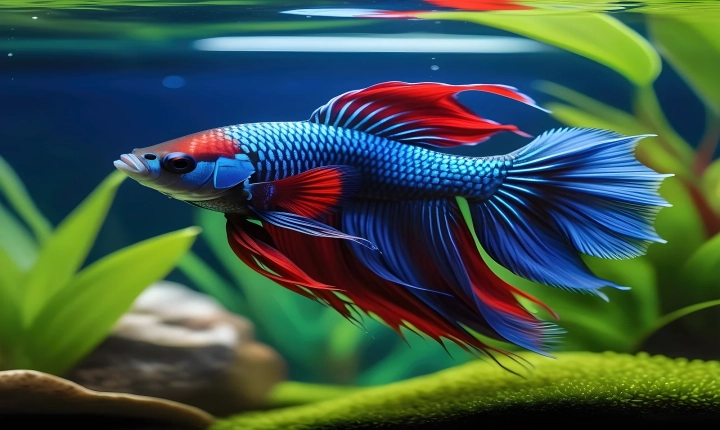Can I Use AI Images for Commercial Use?
Artificial intelligence (AI) has increasingly become a prominent tool for generating realistic and high-quality images. With the advancement of AI technologies such as Generative Adversarial Networks (GANs) and deep learning algorithms, it is now possible to create lifelike images that are indistinguishable from those produced by human artists. This begs the question: can AI-generated images be used for commercial purposes, such as in advertising, marketing, or product design?
The answer is not straightforward, as the legality and ethical considerations surrounding the use of AI images for commercial purposes are still evolving. However, there are several key factors to consider when using AI-generated images in a commercial context.
Licensing and Ownership:
One of the primary issues with using AI-generated images for commercial use is the question of ownership and intellectual property rights. In many cases, the AI algorithm itself and the data it was trained on belong to the developers or organizations that created them. This means that using AI-generated images without proper authorization or licensing could infringe on intellectual property rights.
Furthermore, the question of who owns the rights to the specific AI-generated image itself is also complex. In traditional art, copyright laws protect the original creators of the artwork. However, in the case of AI-generated images, it may be difficult to determine who the “creator” is, as the images are generated by algorithms rather than human artists.
Quality and Authenticity:
While AI-generated images can be visually stunning and highly realistic, there is always the risk of producing images that are similar or identical to existing works. This can raise concerns about originality and authenticity, especially in the context of commercial use where uniqueness and differentiation are important.
Additionally, the quality and consistency of AI-generated images may not always meet the standards required for commercial use. As AI algorithms still have limitations in understanding complex artistic concepts and contextual relevance, there is a risk that AI-generated images may not accurately reflect the brand or message they are intended to convey.
Ethical Considerations:
Another important aspect to consider when using AI-generated images for commercial purposes is the ethical implications. As AI algorithms are trained on vast amounts of data, there is a risk of perpetuating biases, stereotypes, or unethical content in the generated images. Using AI-generated images that contain sensitive or inappropriate content could harm a brand’s reputation and lead to legal consequences.
Moreover, there is an ethical debate surrounding the impact of AI-generated images on employment in creative industries. If AI-generated images become widely used in commercial settings, there is a concern that it could replace the work of traditional artists and photographers, leading to unemployment and devaluation of human creativity.
What to Consider When Using AI-Generated Images for Commercial Use:
It is important to approach the use of AI-generated images for commercial purposes with caution and consideration for the legal and ethical implications. Here are some key factors to consider:
– Ensure that you have the proper licensing and permissions to use AI-generated images for commercial purposes. This may involve obtaining authorization from the developers or organizations that own the AI algorithms and data.
– Verify the authenticity and originality of the AI-generated images to ensure that they do not infringe on existing copyrights or trademarks.
– Evaluate the quality and relevance of the AI-generated images for your specific commercial use case. Consider whether the images effectively communicate your brand and message, and whether they meet the standards of professionalism and originality required for commercial use.
– Consider the ethical implications of using AI-generated images, and ensure that they do not perpetuate biases, stereotypes, or inappropriate content.
– Support and promote the work of traditional artists and creators, and consider the broader impact of using AI-generated images on the creative industry and employment.
In summary, while AI-generated images hold great potential for enhancing visual content in commercial settings, it is crucial to navigate the legal, ethical, and practical considerations associated with their use. By approaching the use of AI-generated images with mindfulness and responsibility, businesses can harness the benefits of AI technology while upholding ethical and legal standards in their commercial endeavors.
